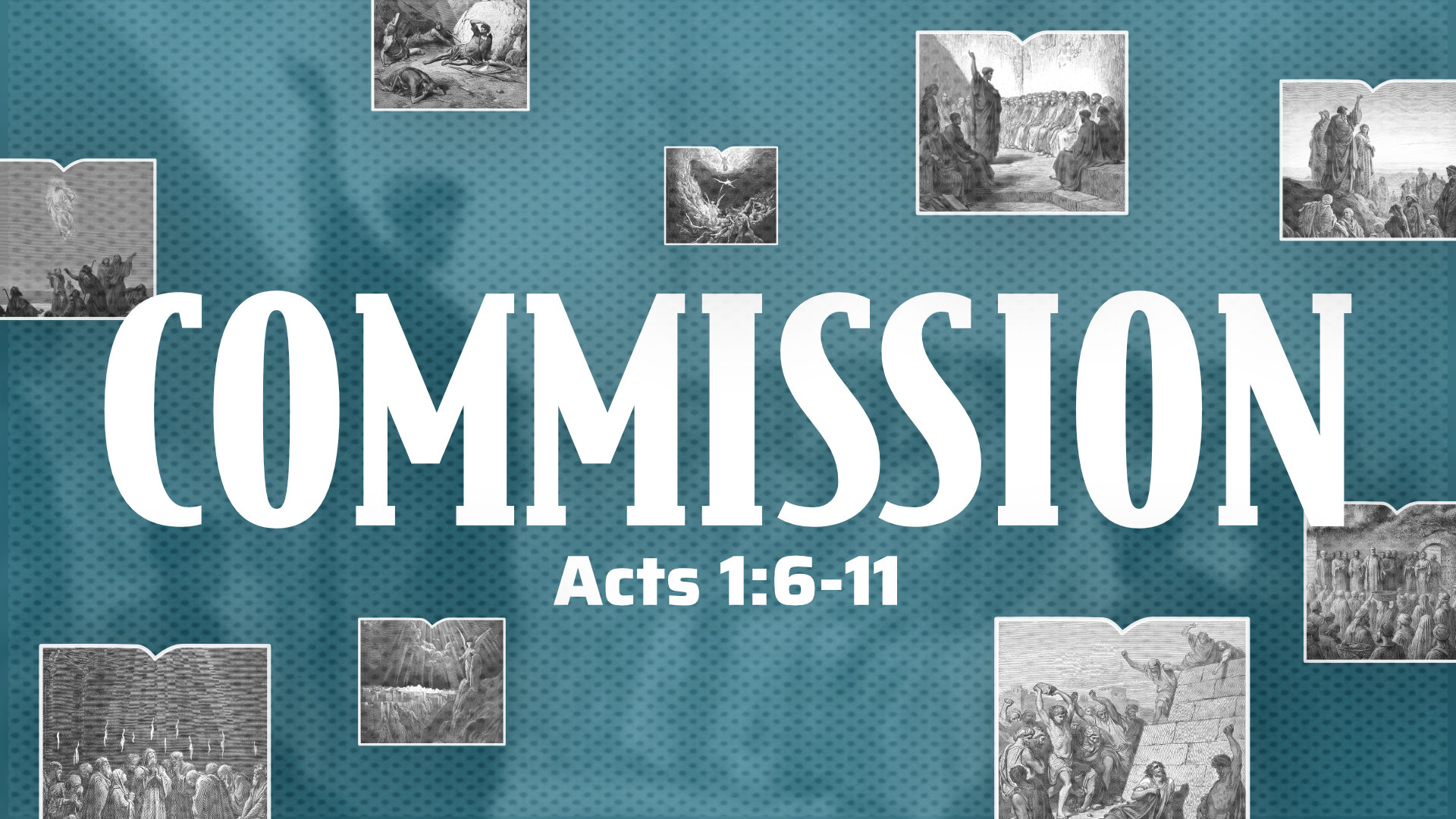Islam 101
Islam 101
What is Islam?
Summary Statement: “There is One God, and Muhammed is his prophet.”
A follower of Islam is known as a Muslim. The great deity is known as Allah. The founder of Islam is Muhammed, who is believed to be a prophet sent by Allah to Arabs and humankind. It is believed that Muhammad was said to have received a divine revelation from the angel Gabriel about the religion later known as Islam. Islam is an exclusive religion for those who follow its teachings, believe in its prophets, and follow what is acceptable to the deity (Allah). Islam is a works-based religion that emphasizes good works. The good works are ways to gain Allah’s favor and inherit a blissful afterlife. There are two groups in Islam: believers and unbelievers. In Islam’s beliefs, there is a judgment of one’s deeds after death. There are no guarantees, but those who are believers in Islam and doing these good works are on the right path toward an afterlife of paradise. Those who do not believe receive the opposite of paradise and bliss.
Islam has two important foundations: the six tenets and the five pillars.
The Six Tenets or Foundational Beliefs
- Monotheistic: There is One God (Allah)
- Spirits are both good and bad. Good spirits do the will of Allah. Evil spirits do the will of Satan.
- Allah speaks to humanity through the prophets.
- Some prophets wrote the holy books: Moses and the Torah, David and the Psalms, Jesus and the Gospels.
- Allah will judge who goes to paradise or hell through their good works.
- Allah predestines all that occurs.
The Five Pillars or Foundational Practices
- Confession or verbal affirmation in Allah and Islam.
- Salat: Praying five times in a prescribed manner involving ritual cleansing and facing the direction of Mecca. It is preferential that this is in a designated prayer area or at a mosque (Muslim place of worship).
- Zakat: Giving 2.5% of their profits to an Islamic charity.
- Ramadan is a month-long fast during the daylight that Muslims worldwide participate in.
- Muslims are obligated to make a pilgrimage to Mecca at some point in their life. If they cannot, someone else can step in as a surrogate.
Muhammed’s influence and their holy book, the Quran, help non-Muslims understand this religion. Muhammed was born in Mecca, Saudi Arabia, where the common practice was the worship of various idols. After receiving the message (beliefs of Islam) from the angel Gabriel, there was a ton of persecution and pushback from this message Muhammed shared, which led to his migration out of Mecca. After Muhammed’s death, Islam grew because the King of Arabia gained influence through raids in different areas. Much of Islam’s growth is attributed to Arabia gaining territory, which led to the adoption of popular religious beliefs. Muhammed is the final prophet of Islam; however, the religion recognizes other biblical characters as prophets who followed Allah before Islam was created. Moses and Jesus are seen as prophets by Allah with corrupted messages. Islam and its scriptures, however, are uncorrupted messages. The uncorrupted message comes from Muhammed and the Quran.
What is not Islam?
The common thoughts that come with the word “Muslim” are terrorist, aggressive, or violent. It’s important to consider the different types of Islam followers (cultural, practicing, and radical) to clarify some of these generalizations. Cultural Muslims are born into the Muslim community based on their family of origin. To these followers, Islam is a part of their social identity and provides a sense of pride in their nation. Practicing Muslims are devout in their religious practices. Although there are a variety of interpretations and views, these followers would practice the abovementioned tenets and pillars of Islam. Lastly, radical Muslims are extreme in their views and interpretations without recognizing this themselves. Radical Muslims are more likely to emphasize the political nature of Islam, and this can be observed in different militant groups (ex, ISIS).
What now?
- Pray for compassion to see those who believe in Islam as people in need of a Savior. Approach those who are Muslim with humility and curiosity. Ask good questions and seek to care about the person over winning an argument.
- Pray for those who are born into this religion, believing that they should practice it because it is so connected with their cultural norms.
- As holidays for Muslims approach, pray they will encounter the one true God or a believer to share Jesus with them.
Resources:
A Concise Guide to Islam by Ayman S. Ibrahim
World Religions in Seven Sentences by Douglas Groothuis






































